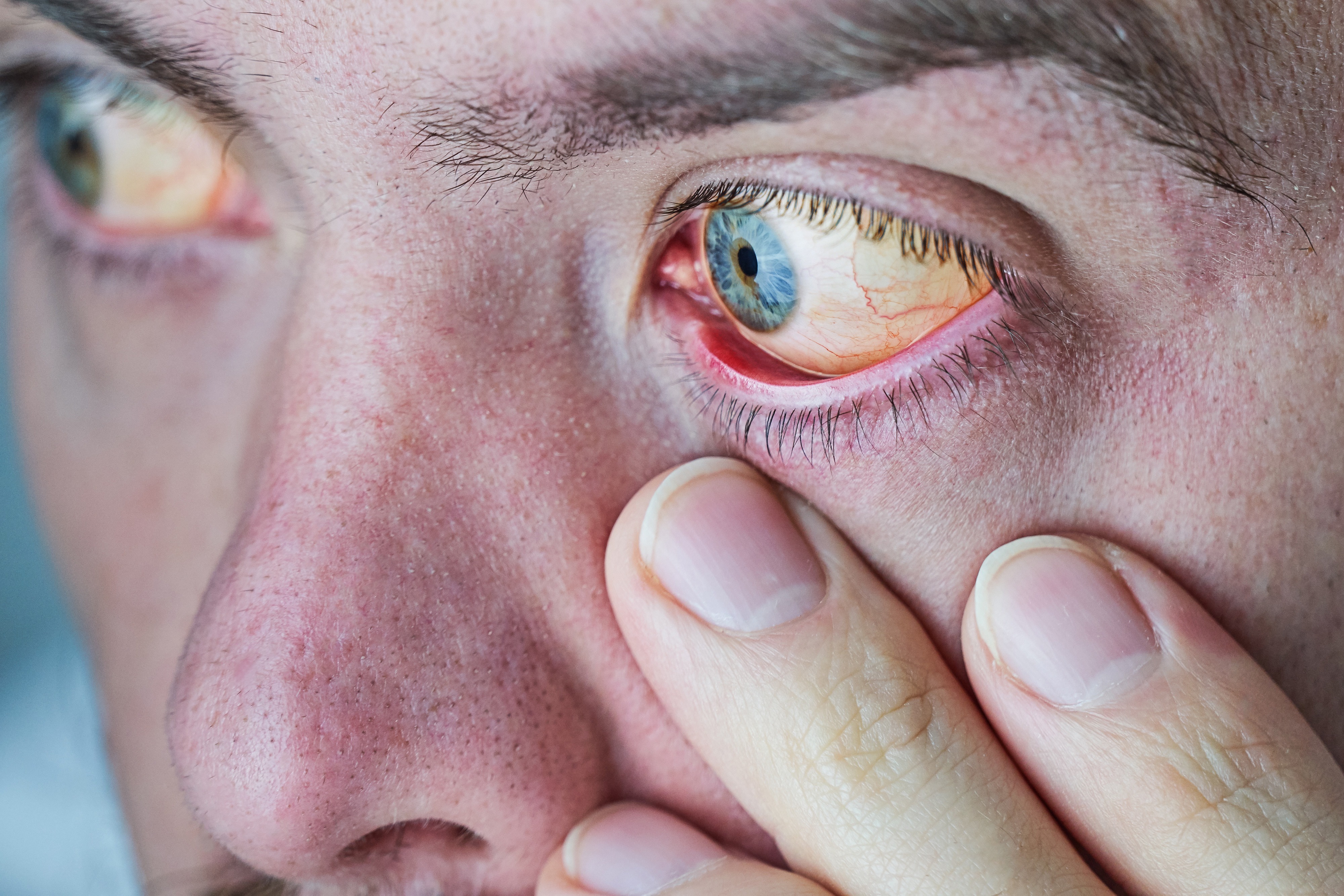IN WHICH SITUATIONS IT IS APPROPRIATE TO TAKE THE TEST

DETAILED INFORMATION
Hepatitis A is an acute inflammatory liver disease caused by the HAV virus, also called dirty hands disease. The virus is present in stool, saliva, urine and nasopharyngeal secretions. It is transmitted by personal contact or ingestion of contaminated food or water. It enters the body through the mouth. This type of hepatitis usually does not cause serious health complications or sequelae, and most patients recover fully within 2 months after infection. An infection that has been passed creates lifelong immunity. You can get vaccinated against hepatitis A as a preventive measure.
Hepatitis B is a potentially life-threatening infection of the liver caused by the HBV hepatitis virus. It is transmitted by direct contact with the blood, saliva and body fluids (sexual intercourse) of an infected person or from mother to child. Globally, it is one of the most common and most serious viral diseases. The infection does not go away on its own, but can progress to chronic inflammation and cause cirrhosis or liver tumour. In the Czech Republic, hepatitis B vaccination is part of the compulsory vaccination of children (Hexavaccine).
Hepatitis C is an inflammatory liver disease caused by the HCV virus. It is the most serious type of hepatitis. It is transmitted by blood and sexual intercourse. At-risk groups include in particular drug users and promiscuous persons. Most acute infections occur without obvious symptoms. If any symptoms do appear, it is usually within 7-8 weeks after exposure and includes jaundice, malaise, nausea - similar to hepatitis A and B. In most infected people, it is a chronic infection which, if left untreated, can cause cirrhosis or liver tumours. You cannot be vaccinated against hepatitis C.







